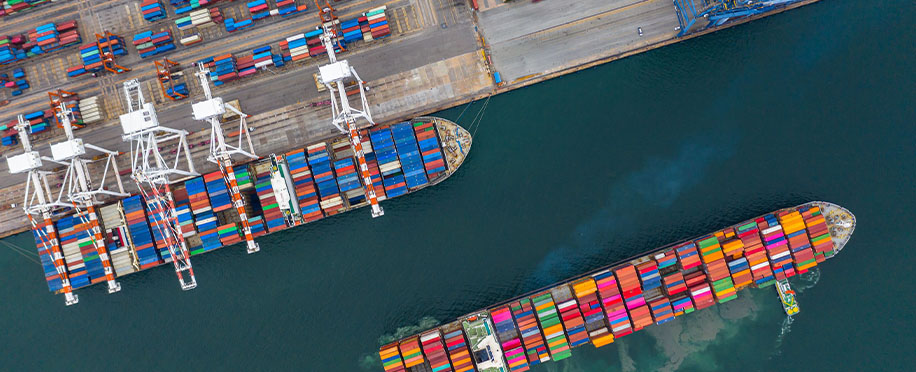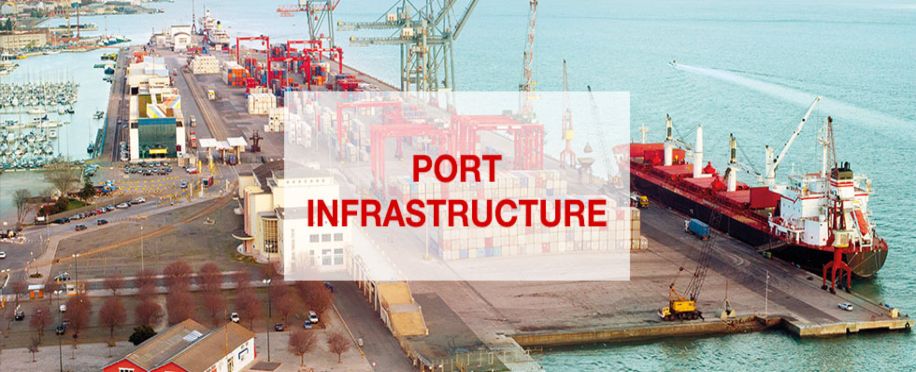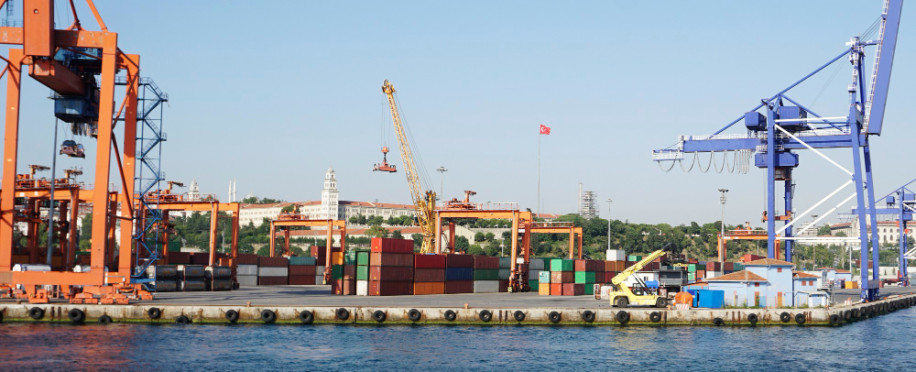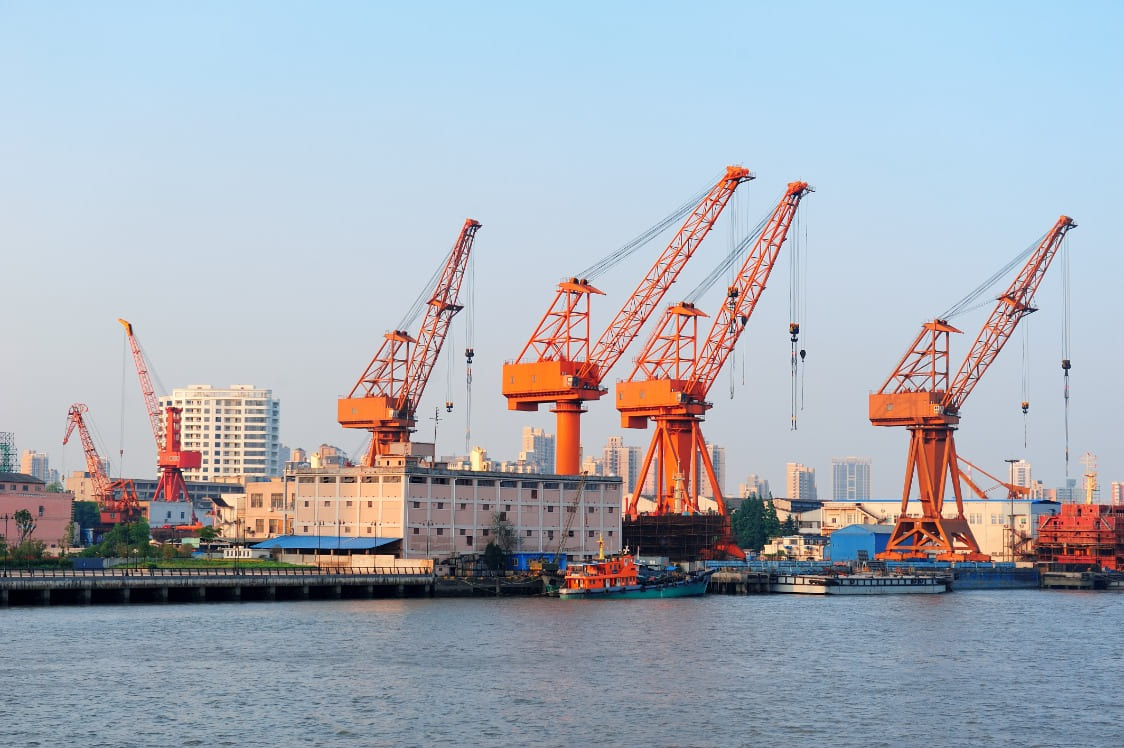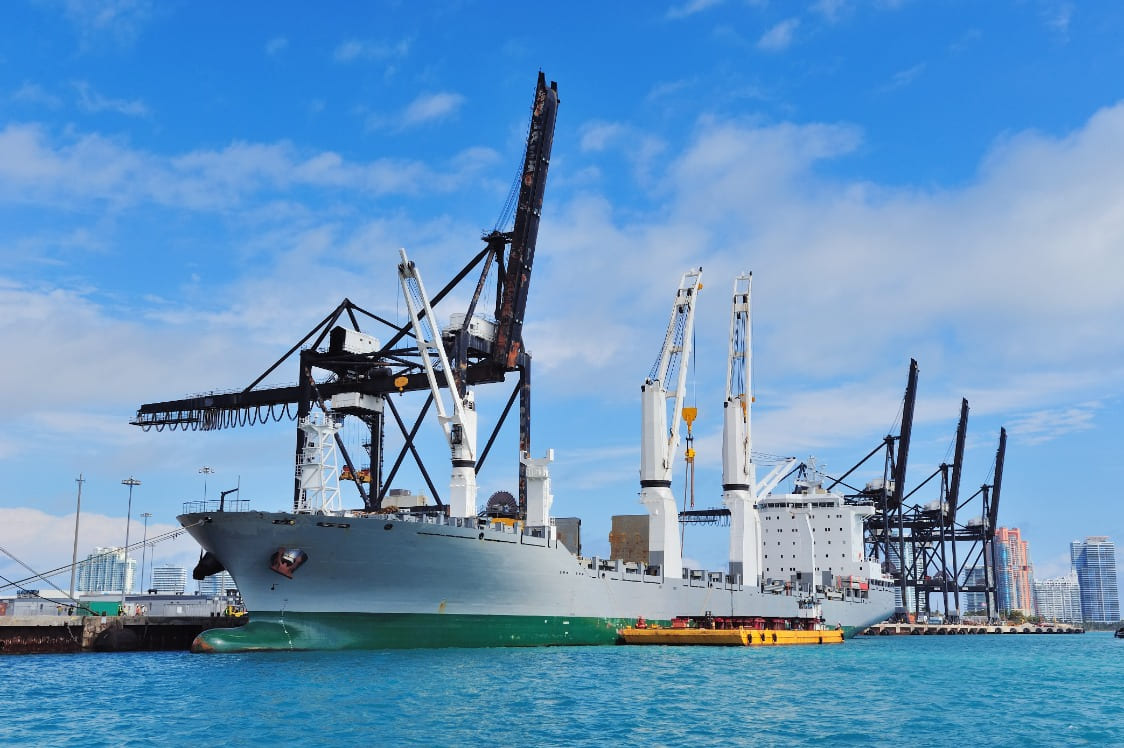Anchoring Success: The Fundamentals of Effective Port Management
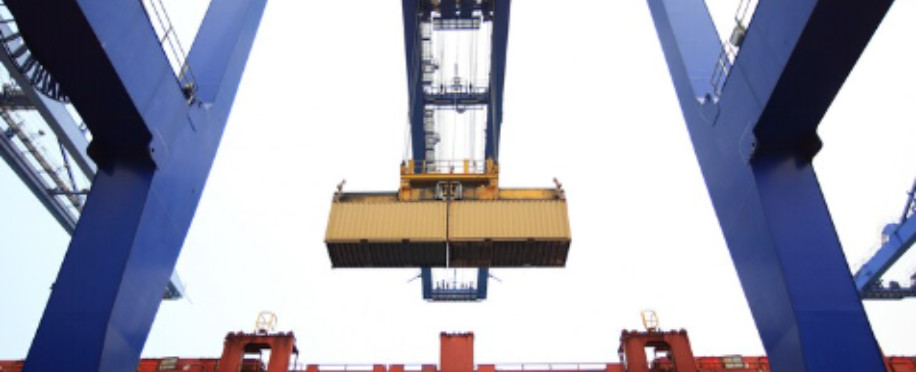
Posted on Mar 23, 2024 at 03:03 AM
Ports are the central artery systems of global transport, a tool to control the movements of goods, ideas, and cultures. They are the gates that provide access to ships looking for maintenance and are the place where the world's economies complete each other in a symphony of exchange.
Yet, behind this national device of transportation lies the advanced director that adds ease and authority to this system: port management. Picture it as a conductor, skillfully guiding the distribution of vehicles and their passengers across the globe.
Eager to find out more? This article is a comprehensive guide to understanding marine port management and all its functions.
What is the main function of port operations management?
Port operations management is involved with finding the right balance between logic and critical thinking to ensure port facilities are working optimally while simultaneously enabling a smooth trade and a productive supply chain.
Based on that introduction, you can tell that port management consists of a lot of operations. For example, part of those port functions is the supervision over the whole logistics network, starting with the moment when vessels land and drop anchor to the loading of goods at the harbor as well as coordination with different participants of freight transportation activity like shipping business companies, terminal operators, customs departments, and port authority members.
What Does Port Management Include?
Port management includes a wide spectrum of coordinated tasks that enable the smooth operation of the port. These include:
-
Vessel and Cargo Planning
Port managers are responsible for coordinating ship scheduling and berthing, guaranteeing the optimal use of port infrastructure and resources. They work to reduce traffic and allow ship arrivals to be well-ordered and effortless.
-
Terminal Operations
Under the supervision of port managers, container and cargo operations activities, such as loading, unloading, and storage are carried out. They help execute control over the vessels by following safety terms and conditions, minimising the risks of any issues while handling, and supervising terminal operators' activities.
-
Logistics Coordination
A port manager works in connection with shipping agents, and customs authorities to make sure the coordination of logistics is efficient.
Port managers are in charge of maintaining and developing port infrastructure, involving berths, piers, storage yards, and warehouses. They regularly manage and conduct additional projects that permit further growth and use technology-oriented solutions for higher efficiency.
-
Safety and Security
Maritime port authorities represent a leading role in ensuring safety and security measures through developing specific programs that aim at preventing accidents, securing the area against security threats, and complying with international standards and legal regulations.

How can I enter port management?
If you aspire to a career in port management and development, you may indeed need port management courses that can arm you with technical, leadership, and decision-making talent and skills.
These professional courses focus on a well-written range of subjects: operational management, logistics, law of the sea, and strategic planning. By enrolling in port management courses you get acquainted with the secrets of port services, you also learn the global industry's current norms of operation and the expertise needed to surmount the obstacles of port management.
In addition, these courses often integrate practical aspects like case studies, site visits, and networking opportunities within the industry, helping you apply knowledge to real-world situations and build important connections.
What can you expect from a port management course?
Taking a course in port management might not be the magical solution to all your problems, but it sure will save you a lot of time. The purpose of a program like this is to give you an overview of managing ports, how you can do it, and what steps you should take. Consider it a mentor who will help you healthily explore this new field.
Can you expect to become an expert by the end of this course? certainly not. Can you expect a major increase in your employability rate? Definitely yes! Let's explore what you can expect from these courses:
-
Specialised curriculum
Unlike your online scavenger hunt for useful information, these courses are designed by professionals in a way that helps students achieve their goals. Do you want to learn about the economics of ports? Or are you interested in the environmental concerns? Each course is split into models that discuss a different topic. Just take your pick and follow a structured learning journey designed and tested to help you learn.
-
An official degree
You might have accumulated a lot of random information over the years, however, a company will more often than not ask you for proof of your skills and performance. You can document your hours of learning with these courses then share it with the public and show off your experience
-
News and modern trends
What's the best management software for controlling a seaport? How to address the emerging threats of cybercrime? How to introduce. technology to your port? All of these are included in these courses and more.
-
Industry insights
As you work with your supervisor, you will learn vital tips and tricks that could be essential to your future career. Unlike looking up things online or in a book, you'll have access to the support and mentorship of a team of professionals who have been in this industry enough to know what works and what doesn't.
Port management is a lot more than ships in and ships out, it's a complex web of professions that work together to provide good service for customers. Ports are complicated and just like the water, need a good sailor to manage them.
